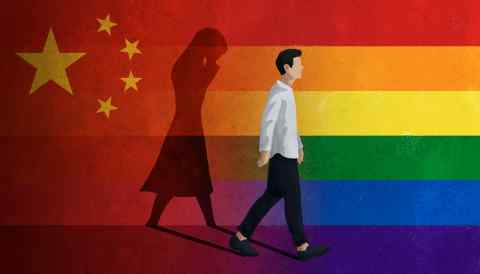
Hello from Tokyo. Thanks to the global popularity of South Korean entertainment exports such as BTS, "Squid Game" and more, everyone knows about K-pop and K-dramas. The K-wave phenomenon underscores South Korea's status as one of Asia's biggest soft powers.
Now the country is trying to repeat that international success in a hard-power area: the weapons industry. Call it "K-defense." This week's Big Story focuses on the push by President Yoon Suk Yeol -- who has been touting the slogan "peace through strength" -- to make South Korea a major exporter of weapons to the world.
South Korea is already the ninth-largest arms exporter, but Yoon wants to jump to No. 4. This ambitious goal is influencing neighboring Japan, another soft-power titan thanks to J-pop, anime, video games and more. Tokyo is trying to follow Seoul's defense-industry success, but I wonder whether "J-defense" will ever be possible.
Because Japan's constitution renounces war, the country long refrained from exporting arms, as doing so was considered indirectly participating in war. However, under the government led by then-Prime Minister Shinzo Abe, Japan revised these rules and decided to promote defense exports under certain conditions.
Nevertheless, the political allergy to arms exports remains strong in Japan. A case in point is the ongoing debate over the joint development of next-generation fighter jets with Italy and the U.K. Komeito -- the Liberal Democratic Party's junior partner in the ruling coalition -- has not yet approved exporting the jet to third countries because it would essentially mean that Japan could export any type of weapon to any country.
This allergy is also reflected in the way Tokyo categorizes defense equipment as either "lethal" or "nonlethal." Making J-defense a reality would require winning the public's understanding while also gaining the cooperation of academia, which is not especially keen on diverting civilian technology for military use.
China's military power is often a focus of our stories, but our latest Asia Insight looks at the country through the lens of social dynamics -- specifically, the relationship between the state and the LGBTQ community. If the overall percentage of the Chinese population that is LGBTQ is in line with recent studies elsewhere, the number could be close to 80 million, larger than that in most other countries and a potentially powerful social bloc.
Many governments are now embracing diversity, including the LGBTQ community, as a positive social force. But as our story points out, the repression of China's LGBTQ community has become harsher since President Xi Jinping came to power, despite homosexuality being decriminalized in 1997. The story explains how members of this embattled group are finding ways to express solidarity and even advocate for sexual and gender rights amid an increasingly adverse political climate.
Meanwhile, Business Spotlight in this week's magazine examines how in Vietnam -- another communist country in Asia -- young people educated at prestigious Western universities such as Harvard and Oxford are playing a major role in the country's economic growth.
Lastly, the Nikkei Asia website recently ran a series of 29 stories telling the personal history of former Bank of Japan Gov. Haruhiko Kuroda. This week's magazine includes three of the most memorable episodes from the series. As attention turns to possible policy changes at the BOJ under the leadership of Mr. Kuroda's successor, Kazuo Ueda, it may be useful to revisit Mr. Kuroda's thoughts.
Wishing you a wonderful weekend!
Shin Nakayama
Editor-in-chief, Nikkei Asia
Sign up for the weekly Editor-in-chief's picks newsletter here.
Follow me on X (formerly Twitter) @ShinNakayama_NA







R画像)新興国も人口オーナス.jpg?width=240&height=137&fit=cover&gravity=faces&dpr=2&quality=medium&source=nar-cms)


